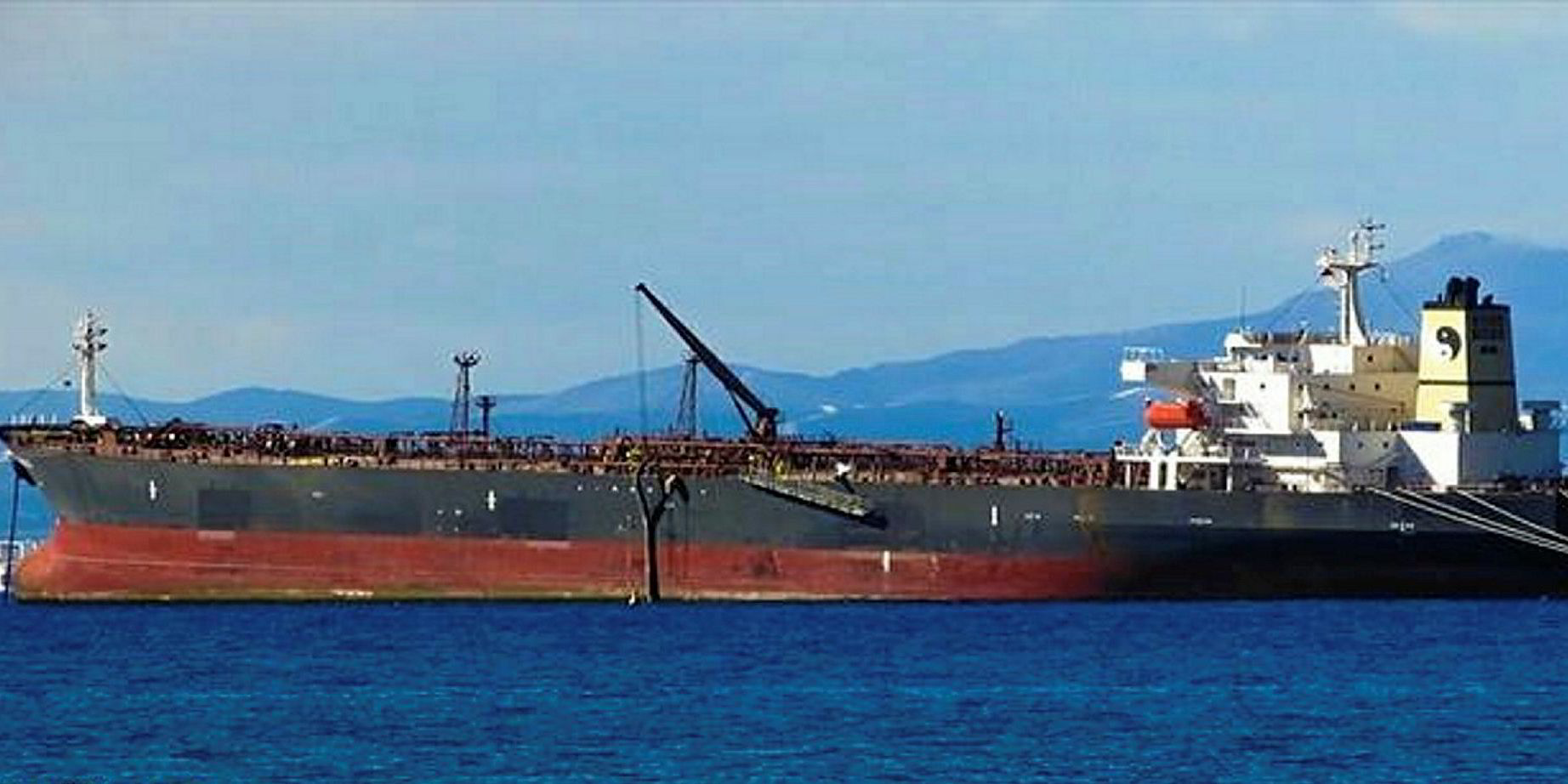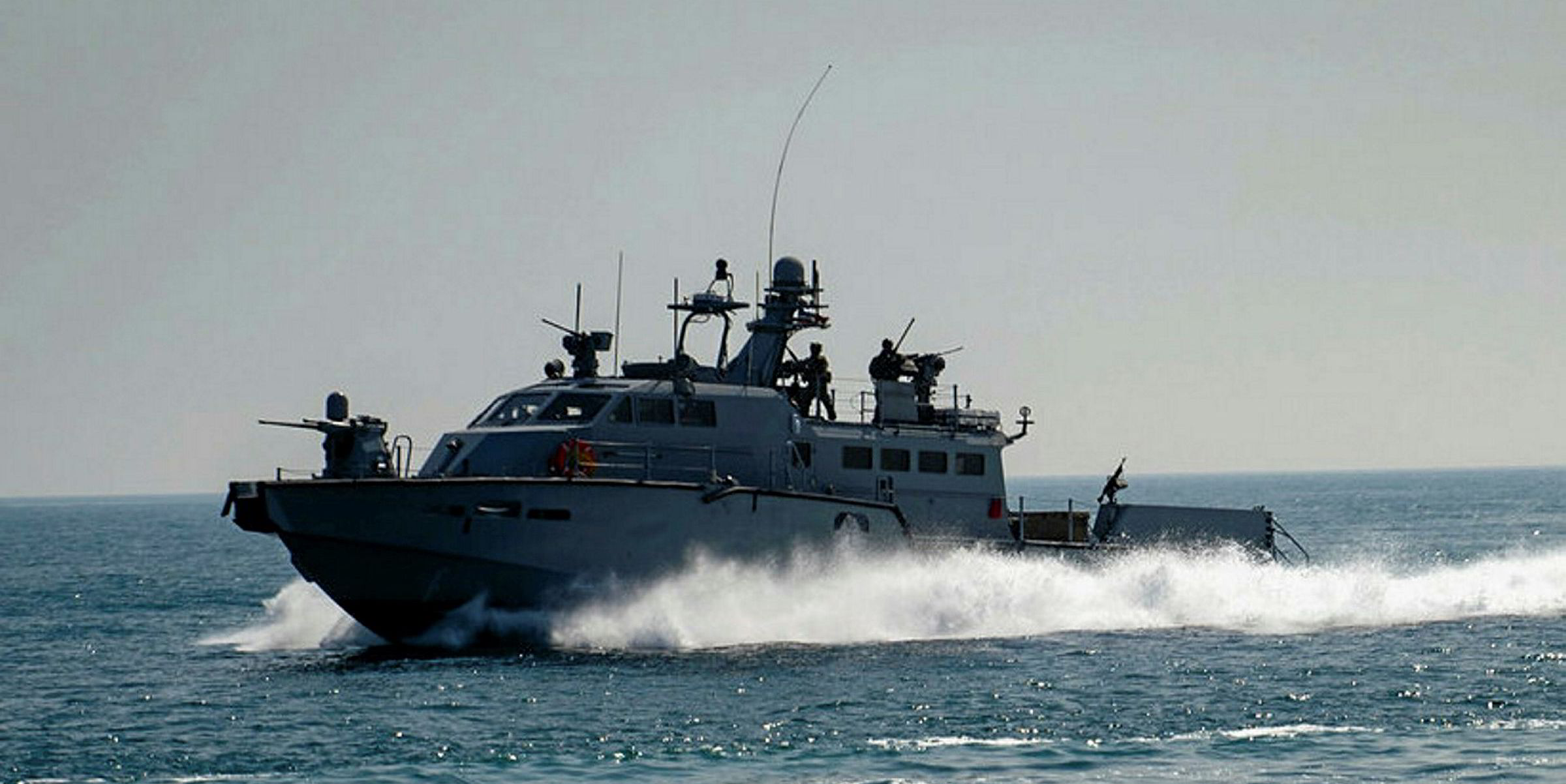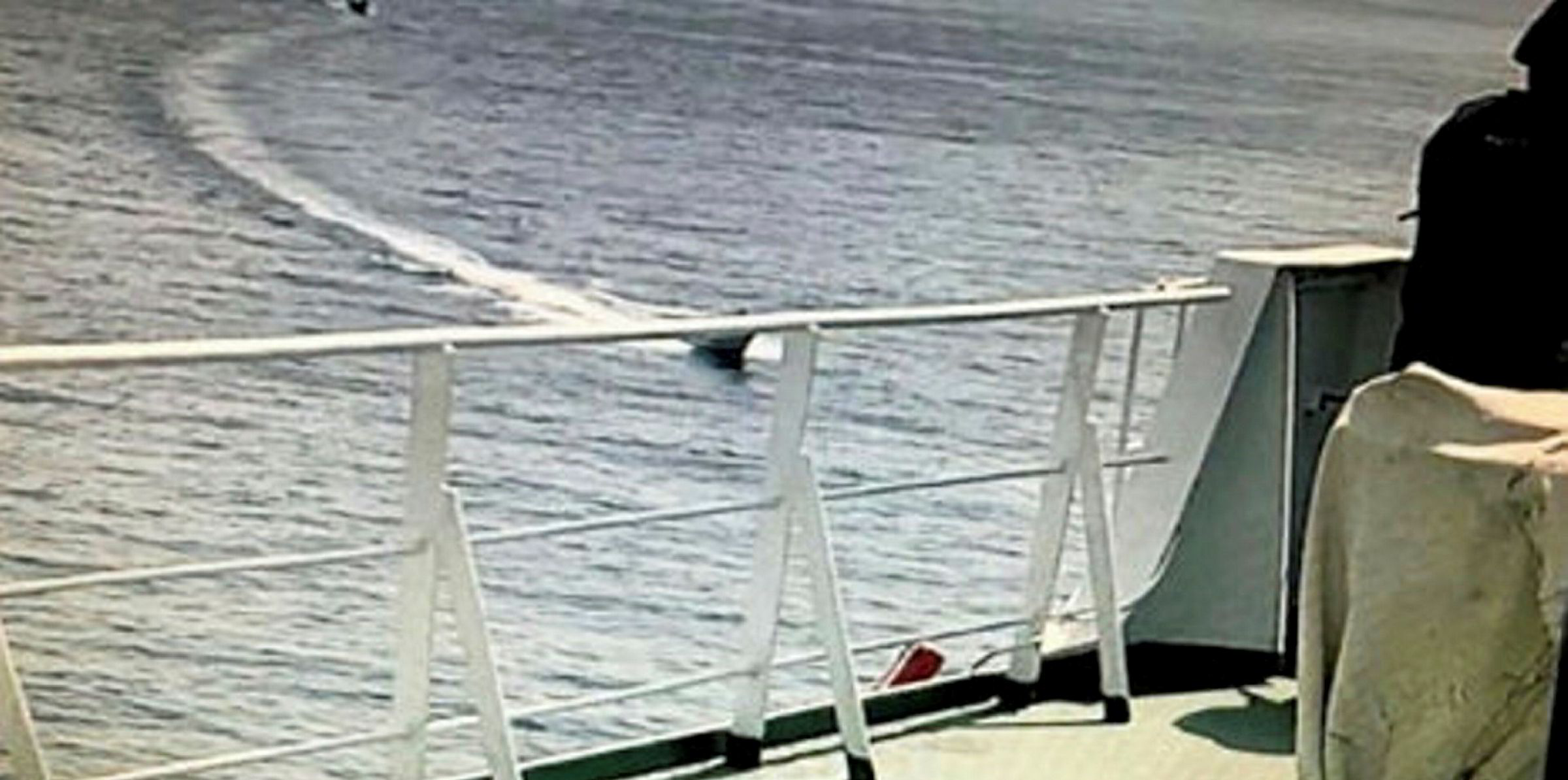Yemeni authorities are seeking help in averting an environmental disaster as seawater seeps into an ageing floating storage and offloading unit (FSO).
The laid-up 407,000-dwt Safer (built 1976) has been described as a "floating bomb" by environmentalists.
Built in Japan and owned by Yemen's Safer E&P Operation Co, it is anchored off Houthi rebel-controlled Ras Isa with 1.2m barrels of crude aboard, which was said last year to be worth $80m.
The price of crude has since plunged and the costs of cleaning up any environmental disaster will be more than its value, Ian Ralby, founder of security consultancy IR Consilium, told the AP news agency.
"The disaster could happen at any second," an official at Safer E&P said in an AP report.
"Rescue Yemen from a terrible, imminent disaster that will add to Yemen’s burdens for tens of years and deprive thousands from their source of living and kill marine life in the Red Sea."
The UN has said the vessel is at risk of rupture or an explosion, but the report said Houthi forces are blocking inspections of the unit and want money for the cargo.
Engine pipes damaged
Internal documents obtained by AP show that seawater has entered the engine compartment, damaging pipes. There have been fears gas is building up in fuel tanks.
The damage is said to be irreversible.
TradeWinds reported last summer that the UN was concerned about the vessel. By December, the Houthis themselves were reported to be asking for help as oil started to leak from the unit.
Both the Houthis and Yemen's government in exile claim ownership of Safer and its cargo.
The vessel has not been operational since March 2015 when the region fell under the control of the Houthis.
The former Esso Japan is said to be corroding fast. It fell into disuse because the state could no longer afford fuel to run its boilers.
A European diplomat told AP the Houthis are now using the ship as a "deterrent like having a nuclear weapon".
Mohammed Ali al-Houthi, the Houthi leader, blamed the US and Saudi Arabia for not letting the rebels sell the oil, saying in a Twitter post this month that any “disastrous consequences ... God forbid" will be the responsibility of the two countries.





